Treatment For Tie Up In Horses
Treatment for tie up in horses. In tying-up or azoturia the. Follow-up was obtained by telephone communication with trainers owners andor referring veterinarians. A horse on good hay with a salt source should be able to maintain mineral and electrolyte balance.
Treatment of Tying Up in Horses Treating ER depends on the type and cause of the condition but will most often include hydration and electrolytes medication special diet and a. Tying-up is a broad term that frequently is used to describe a wide variety of muscle disorders that affect the performance horse. All horses underwent the laryngeal tie-forward procedure.
For those that are idle or perform minimal exercise occasionally a clean grass hay is. 1 Stop exercising the horse and move it to a box stall. 4 Determine if the horse is dehydrated due to excessive sweating.
Diets should be created in an effort to reduce starch intake and replace those calories with fat and fermentable fiber. Forage Good-quality grass or legume hay is acceptable for horses engaged in regular exercise. The relative position of the thyroid and cricoid cartilage in relation to the caudal aspect of the basihyoid bone was recorded.
If your horse ties up here are suggestions of what to do. One horses with sporadic tying up may simply need a nutritionally balanced diet with optimal levels of vitamins and minerals along with a thoughtful turnout schedule conditioning program and competition schedule -- taking into account extreme changes in weather or terrain -- in order to prevent future episodes of tying up. If your horse ties up repeatedly have him evaluated by your veterinarian for RER or EPSM.
Other names given to this syndrome include exertional. How to manage a horse that might be prone to tying-up Feed a salt and calcium carbonate supplement Muscle biopsies can be taken as well as electrolyte testing to. All horses should have a balanced diet appropriate to the amount of work required of them but tying-up in horses or azoturia cannot be corrected by feeding electrolyte or other supplements as a normally fit horse is not deficient in these nutrients.
Try to give fit horses exercise time even on their days off. Restricting a horse to certain types of grain or feeding a horse certain supplements may help.
If your horse ties up repeatedly have him evaluated by your veterinarian for RER or EPSM.
Water with dissolved electrolytes may be helpful if your horse will drink it. For those that are idle or perform minimal exercise occasionally a clean grass hay is. One popular way to help with tying up is through dietary changes. If your horse ties up here are suggestions of what to do. The relative position of the thyroid and cricoid cartilage in relation to the caudal aspect of the basihyoid bone was recorded. All horses should have a balanced diet appropriate to the amount of work required of them but tying-up in horses or azoturia cannot be corrected by feeding electrolyte or other supplements as a normally fit horse is not deficient in these nutrients. Other names given to this syndrome include exertional. Hygain Feeds produces its Hygain Release product specifically to help horses that tie up. Try to give fit horses exercise time even on their days off.
4 Determine if the horse is dehydrated due to excessive sweating. Try to give fit horses exercise time even on their days off. A horse on good hay with a salt source should be able to maintain mineral and electrolyte balance. Do not force the horse to walk. Hygain Feeds produces its Hygain Release product specifically to help horses that tie up. 1 Stop exercising the horse and move it to a box stall. Water with dissolved electrolytes may be helpful if your horse will drink it.









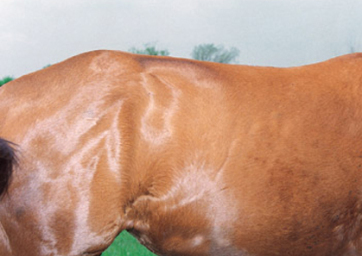
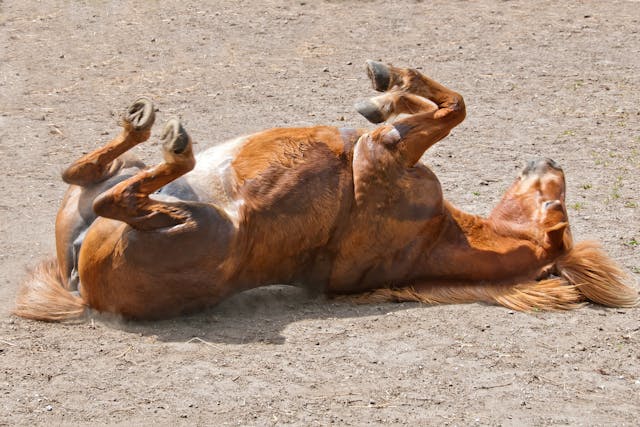









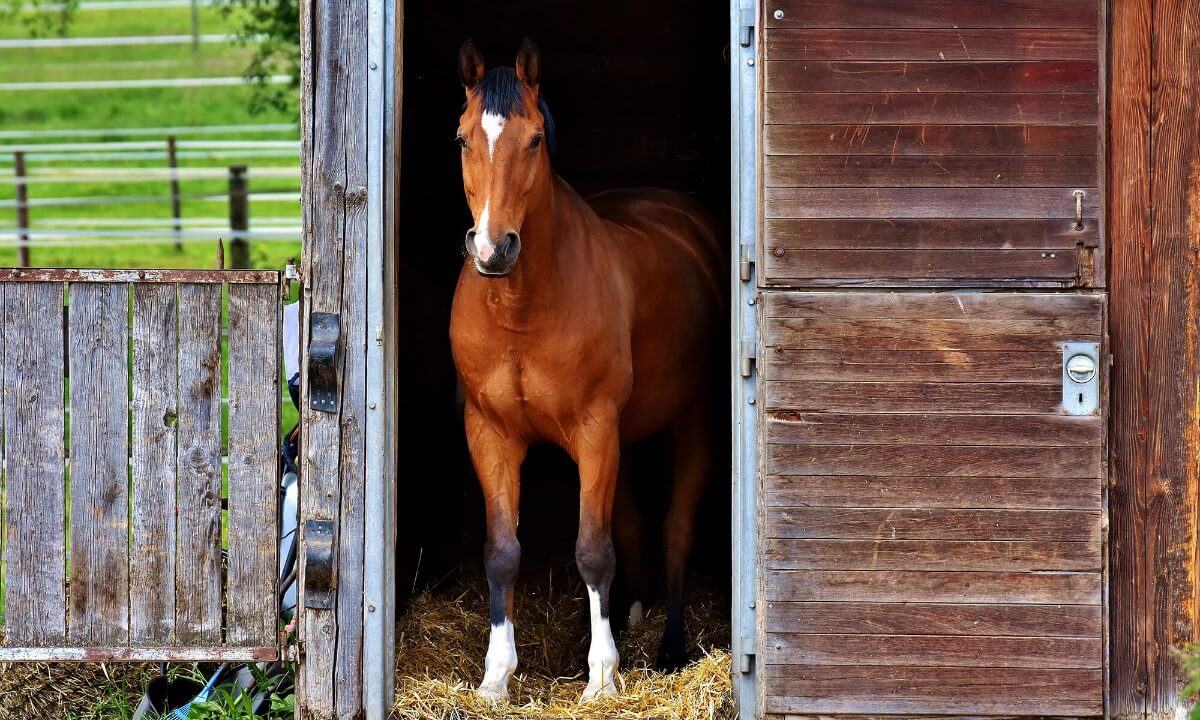
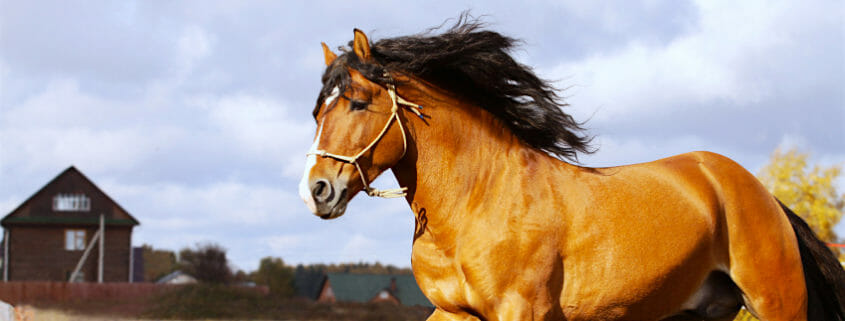


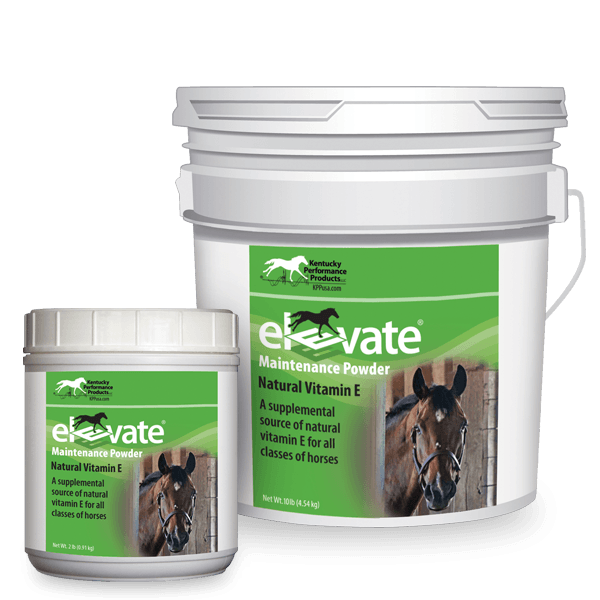




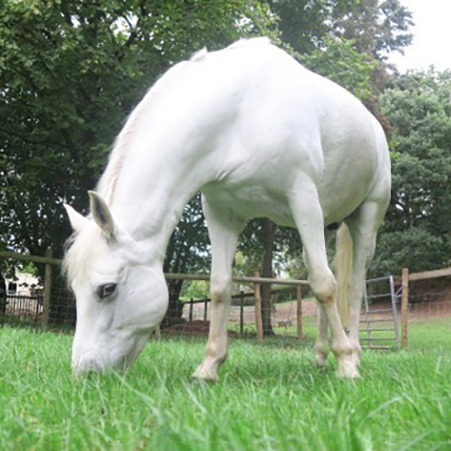

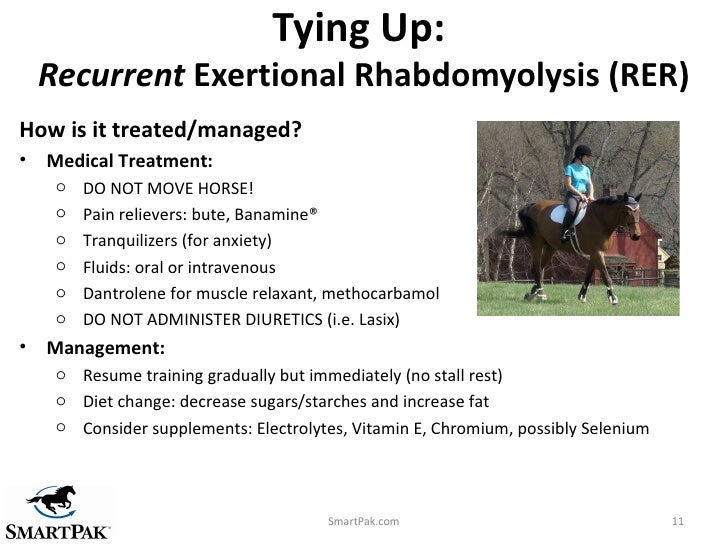
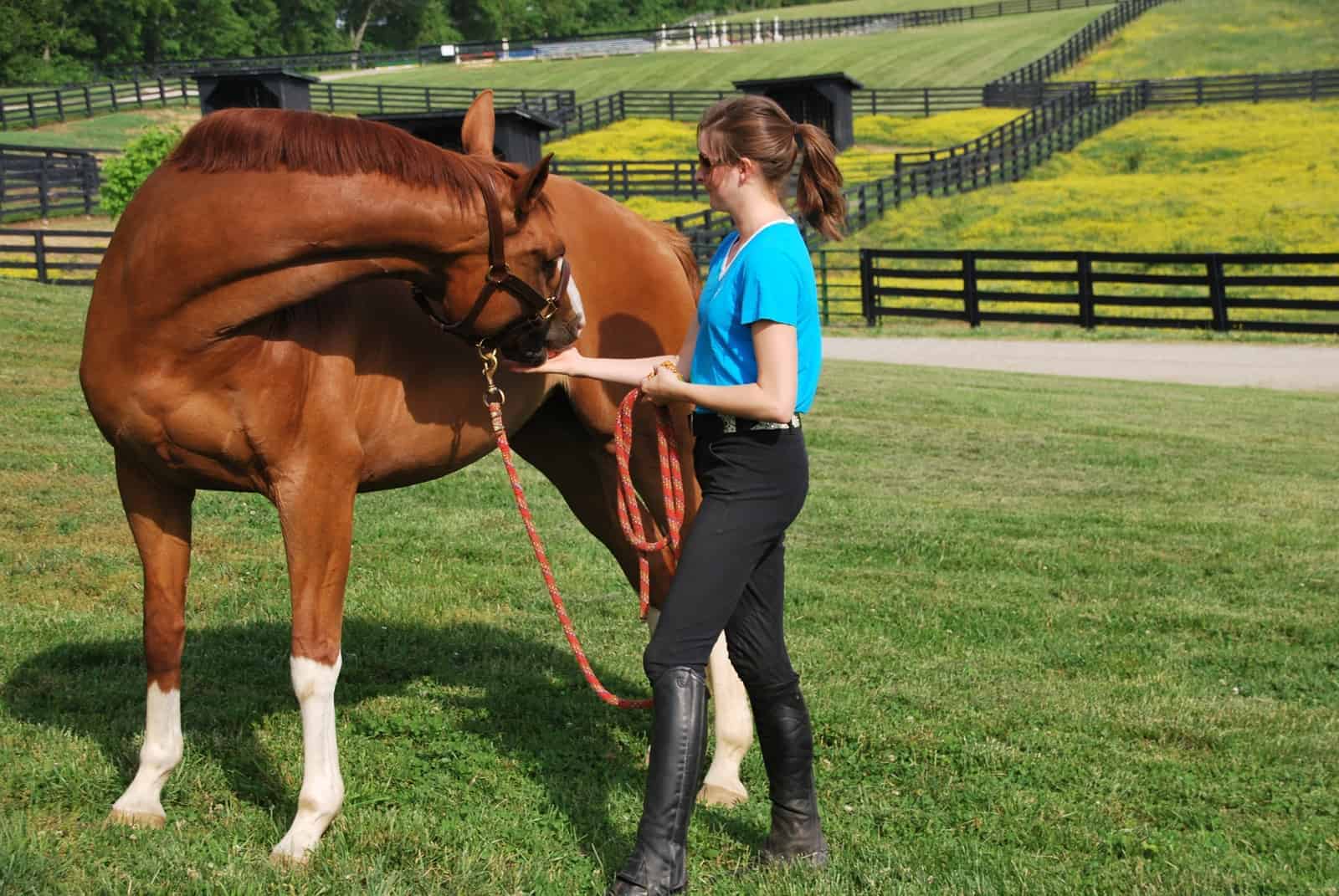
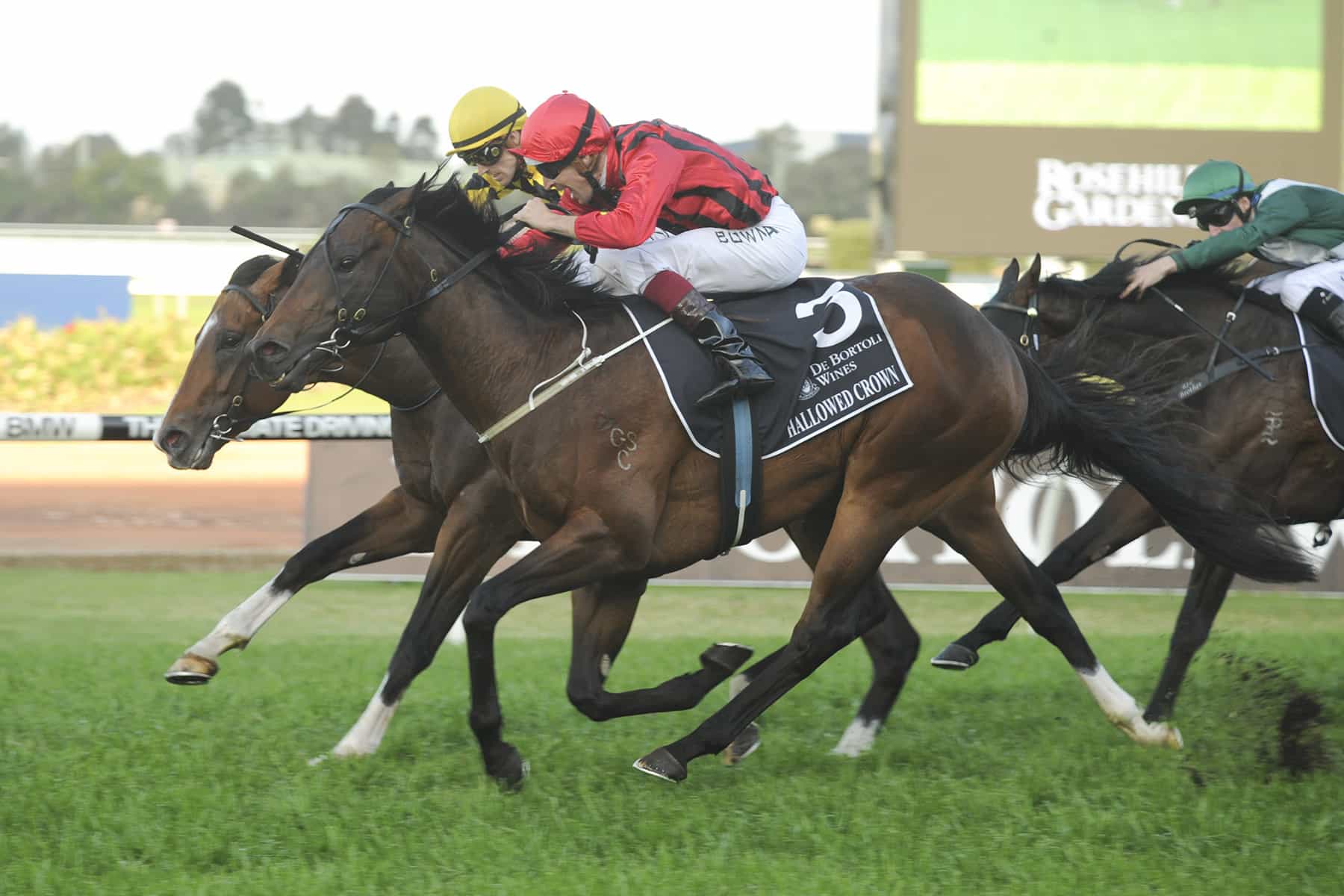


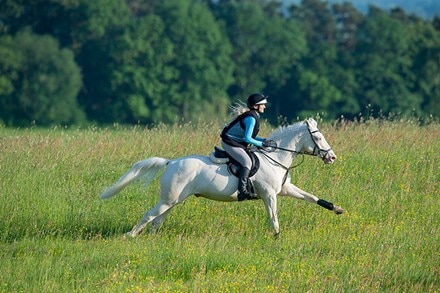







Posting Komentar untuk "Treatment For Tie Up In Horses"